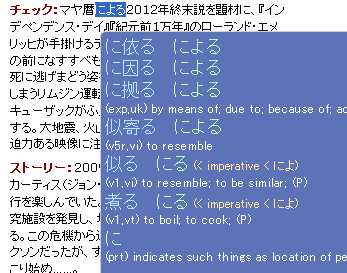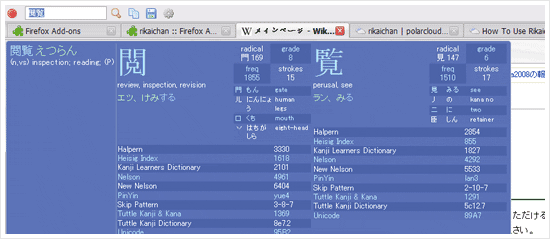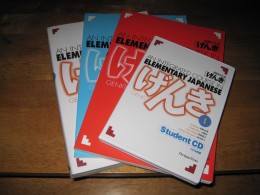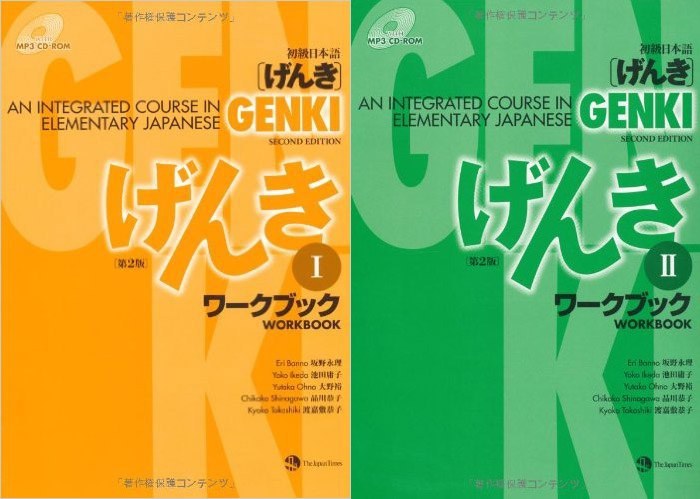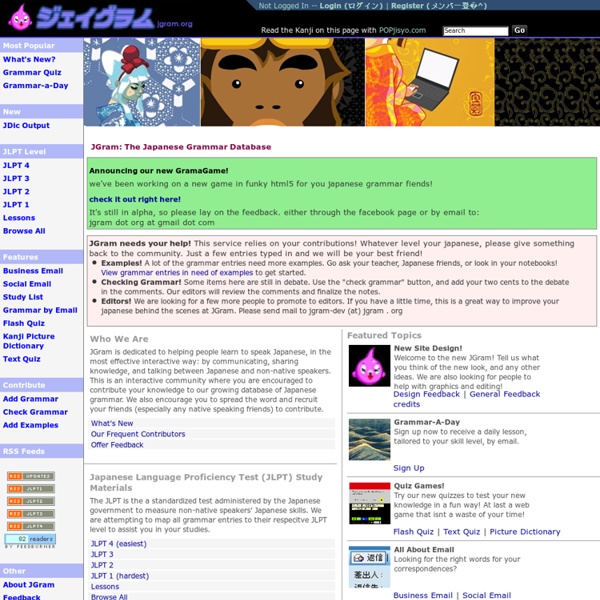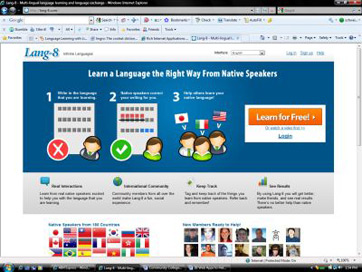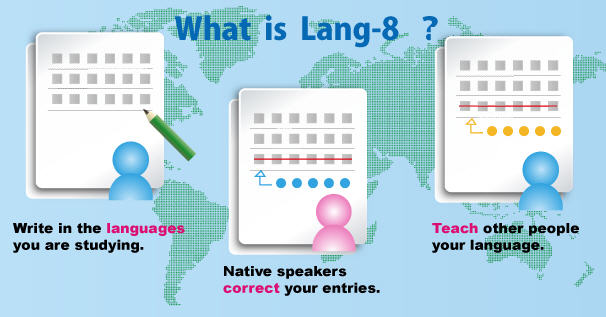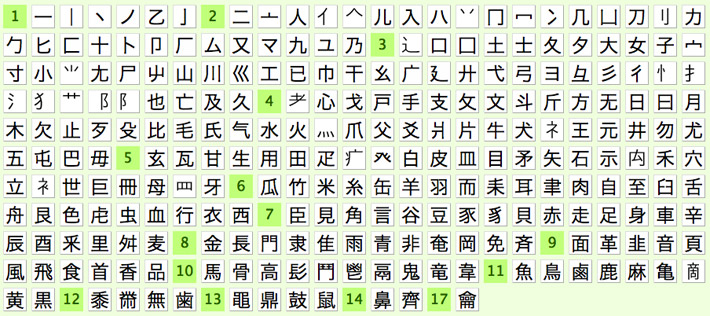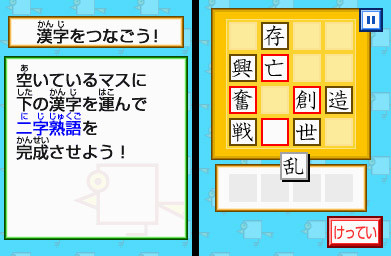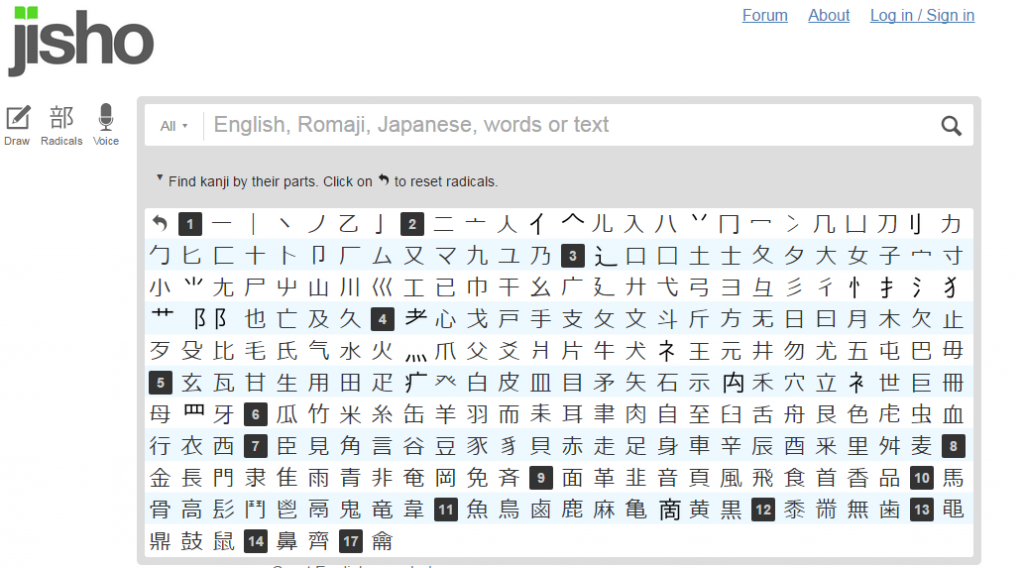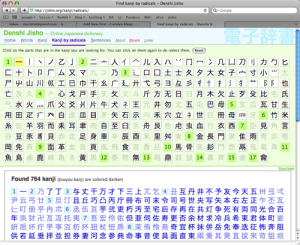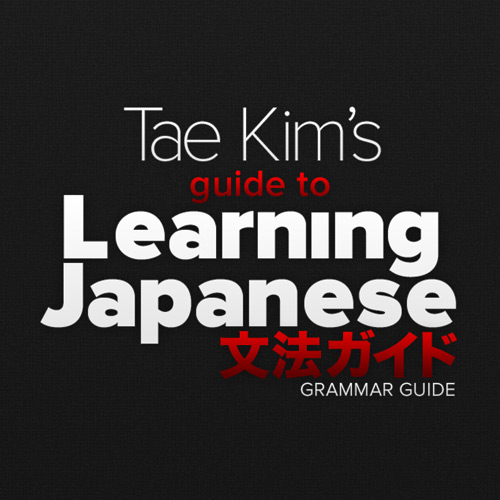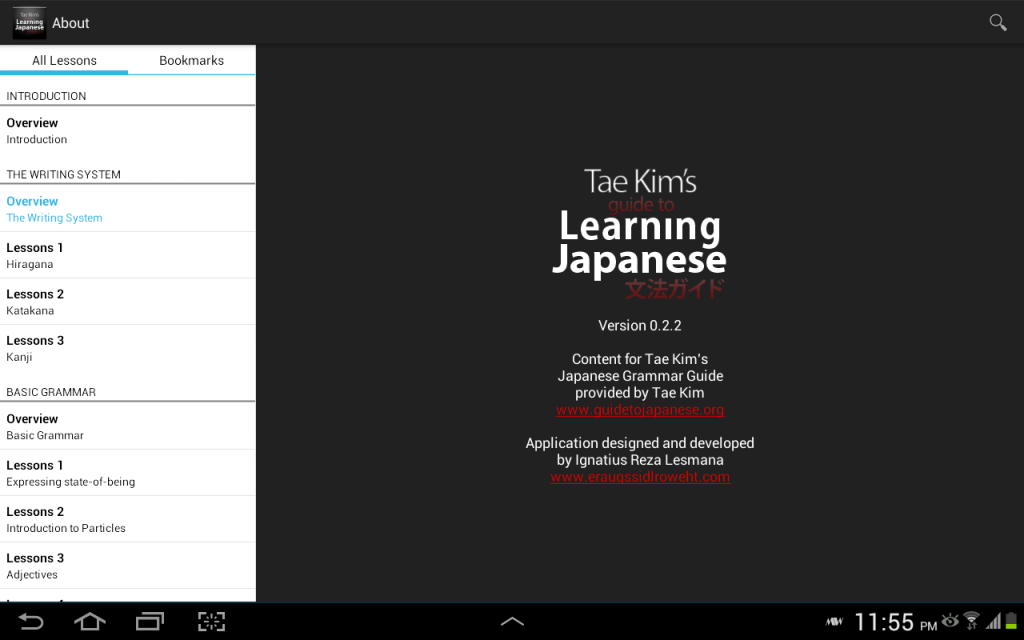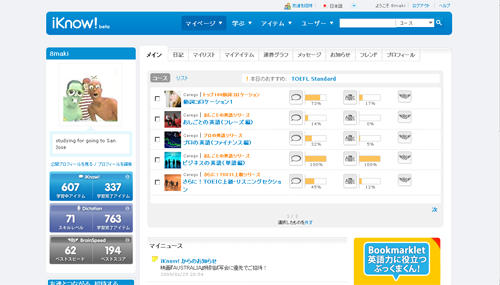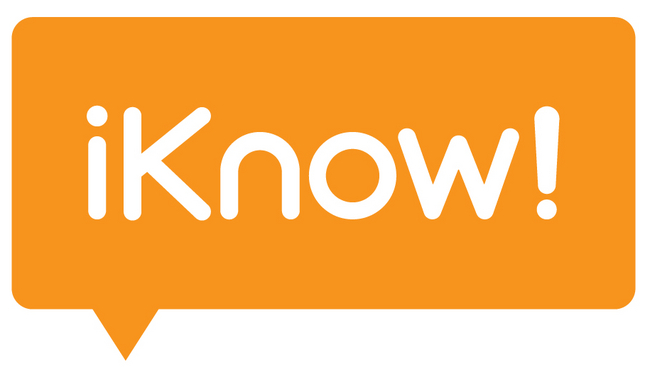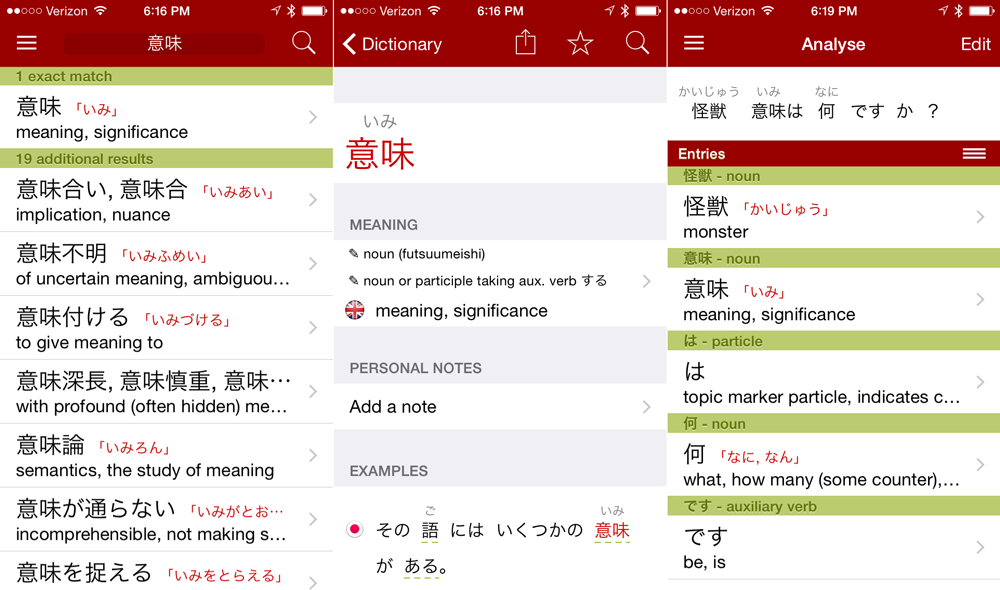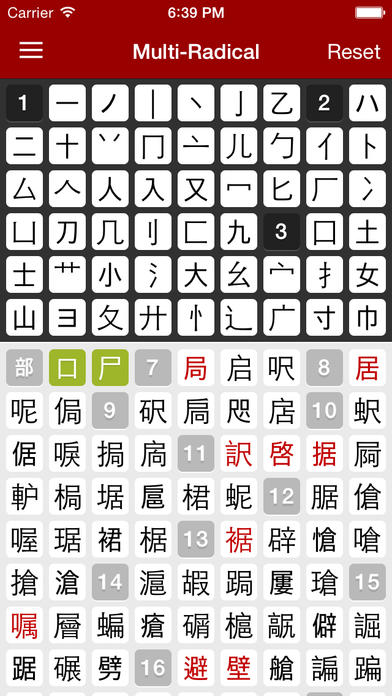
10 Resources for Efficient Japanese Learning
"I want to study Japanese, but I don't know where to start!" To solve this problem, we asked several Japanese to English translators for the resources they used to help them learn Japanese. This article lists 10 of these. They're sure to come in useful when you finally begin your Japanese learning journey!
This post may contain affiliate links. If you buy through them, we may earn a commission at no additional cost to you.
1. Rikaichan
Rikaichan is an add-on for the Mozilla Firefox and Google Chrome browsers that allows you to hover over a word and the reading and translation will pop-up.
Once installed, Rikaichan provides the definition of Japanese words, and even provides information for kanji such as on’yomi and kun’yomi, stroke number, and radical. Rikaichan also provides an optional toolbar that allows you to manually look up Japanese words.
2. Genki textbooks
GENKI is an integrated textbook series widely adopted by many elementary Japanese courses at colleges and high schools in Japan, U.S., and other countries. The series' well-balanced approach develops the four basic language skills of speaking, listening, reading, and writing to cultivate overall language ability. Each lesson in the revised edition features a new section dubbed “Culture Notes,” which provides information in English on a wide variety of topics pertaining to Japanese culture.
3. jGram
jGram is an online site dedicated to help those studying for the Japanese Language Proficiency Test (JLPT). As the name suggests, it stands for "Japanese Grammar."
Another thing they do is have a check system, that allows users to make sure things are reliable or not. Things that don’t have a high reliability rating are things you might want to look out for (or check yourself!). They also have a “useful phrases” section that is, surprisingly, really useful.
4. Lang-8
Lang-8 is a language learning website based on blogs where you can write an entry and have native speakers correct you. You can also correct the blog entries of other users learning your native language. The site is also useful for finding penpals and Skype partners to practice speaking skills.
It’s an incredibly social experience, and doesn’t feel like a Facebook / Myspace clone. Lang-8 is its own beast, and feels fresh and new. The reason I really like it for language learning (there are a couple other services that do similar things) is because the Japanese population on Lang-8 is huge, which means it’s easy to find people to work with you.
5.
Tofugu is a site that blends both Japanese language and Japanese culture, but in a very interesting, creative and very funny way. The topics covered range from Japanese sign language to baseball. They have also produced their own textbook, TextFugu.
From Tofugu's article on Japanese Sign Language.
In University I ran out of Japanese classes to take, so I somehow convinced one of the teachers to let me set up an independent study where I wrote a blog in Japanese (about American culture). Sometimes I would write in English about Japanese culture/language, and those articles did way better. Noticing this, I branched off into making Tofugu and after many ups and downs it became what it is today.
6. Tadashii Kanji Kakitori-kun
The Tadashii Kanji Kakitori-kun games are for the Nintendo DS and are based on the Kageyama method of repetition. The new version contains all of the official kanji learned in compulsory education and provides the readings of the kanji, the translation and vocabulary words. It also analyzes your handwriting to match your kanij with the correct way.
However, the games are only in Japanese, so a basic reading level of the language is necessary in order to play.
7. jisho.org
Jisho.org is an online dictionary that uses Jim Breen's extensive WWWJDIC dictionary data in a clean, easy-to-use layout. It also provides detailed kanji lookup and example sentences for commonly used words.
Not only that, but you can click on multiple radicals, and it will narrow down your kanji search based on the ones you choose. It’s so much better than using a physical kanji dictionary (it’s inconvenient when searching for a lot of kanji), and if you have a lot of kanji to look up that’s not copy and pastable, you need to check out this website.
Denshi Jisho - Online Japanese dictionary
jisho.org
8. Tae Kim’s Guide to Japanese
Chances are that if you Google search anything related to Japanese grammar, Tae Kim's website will be one of the results. The website is completely free and there is an additional PDF grammar guide that has been translated into several languages.
Tae Kim has done an amazing job putting together a great list of Japanese guidance. It is very thorough, reliable, and you’ll always learn something new. There are plenty of examples, plenty of “extras,” and because of these things, I always come to Tae Kim’s Guide to Japanese first, even before searching for something on Google. I know that I’m always going to find what I’m looking for (and more).
Learn Japanese | Tae Kim's Guide to Learning Japanese
Find everything you need to learn Japanese free including comprehensive guides, tutorials, and videos.
9. iKnow!
iKnow! offers several online features to those wishing to learn Japanese or English. You have to pay in order to utilize the entire site.
They have different ways for learning vocabulary, with the first being flashcards. What I like about their flashcards is that after they ask if you know a word or not, they don’t trust you (who would trust you?) and then ask you to pick it out of 5-10 multiple choice answers, further solidifying your knowledge (or discovering the lack thereof). My other favorite section is the “dictation section.” In this section, a voice actor reads out a sentence, and you have to fill in the blanks.
10. imiwa?
Imiwa, formerly known as Kotoba, is a dictionary app for the iPhone. It is a simple dictionary with kanji lookup, but its best feature is the Analyze function, which "reads" from your copy-and-paste clipboard and gives you the reading and definition of each word, no matter how long the sentence (or sentences) is.
The information in this article is accurate at the time of publication.

